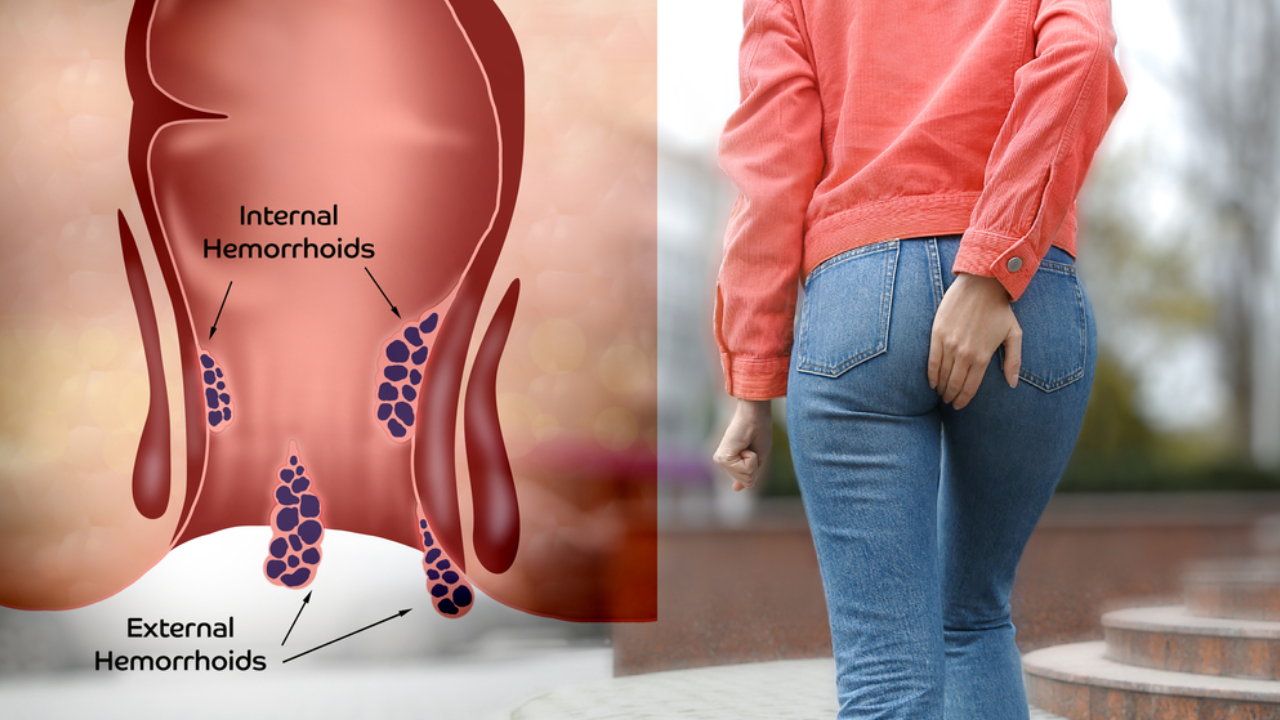Get Expert Advice from Top Surgeons! Schedule Your Consultation.
Get the Internal hemorrhoid at GEM Hospital

Internal hemorrhoids are swollen veins located inside the rectum, often causing discomfort and occasional bleeding. Unlike external hemorrhoids, internal hemorrhoids are not always visible but can still cause significant pain and complications if left untreated. At GEM Hospital, we provide expert care and effective piles treatment to help relieve the symptoms and discomfort of internal hemorrhoids.
-
Trusted Expertise
-
Precise Diagnostics
-
Advanced Treatments
-
Quality Care
-
24/7 Assistance
Causes of Internal Hemorrhoids
Internal hemorrhoids develop when the veins in the lower rectum become swollen due to increased pressure. Common causes include:
Straining during bowel movements: Often linked to constipation or diarrhea, straining can put excess pressure on rectal veins.
Prolonged sitting: Spending long periods sitting, especially on the toilet, can increase pressure in the rectal area.
Pregnancy: The increased pressure from carrying extra weight during pregnancy can lead to hemorrhoids.
Obesity: Excess body weight can strain the veins in the lower rectum, contributing to hemorrhoid formation.
Low-fiber diet: A diet low in fiber can cause constipation, making bowel movements more difficult and increasing the risk of hemorrhoids.
Understanding these causes can help in both the prevention and treatment of internal hemorrhoids.
Symptoms of Internal Hemorrhoids
Internal hemorrhoids may not always cause noticeable symptoms, but when they do, these can include:
Bleeding during bowel movements: Bright red blood on the toilet paper or in the toilet bowl is a common symptom.
Discomfort or pain: While less common with internal hemorrhoids, discomfort can occur, particularly if they prolapse outside the anus.
Itching or irritation: The presence of hemorrhoids can cause irritation around the anus.
Mucus discharge: Some individuals may notice a clear or yellowish mucus discharge.
If you experience any of these symptoms, seeking timely piles treatment can prevent further complications.
Diagnosis of Internal Hemorrhoids at GEM Hospital
At GEM Hospital, diagnosing internal hemorrhoids involves a thorough physical examination and medical history review. Our diagnostic process includes:
Digital rectal exam: A doctor will check for any abnormalities inside the rectum.
Anoscopy or sigmoidoscopy: These are minimally invasive procedures that allow the doctor to view the inside of the rectum to identify hemorrhoids.
Colonoscopy: In cases where more serious conditions are suspected, a colonoscopy may be recommended to examine the entire colon and rectum.
Accurate diagnosis ensures that we can offer the most appropriate and effective treatment plan for internal hemorrhoids.
Internal Hemorrhoids Treatment Options
At GEM Hospital, we provide a variety of piles treatment options based on the severity of the condition. These include:
Diet and lifestyle changes: Increasing fiber intake, drinking plenty of water, and regular exercise can help prevent constipation and reduce strain during bowel movements.
Medications: Over-the-counter creams or suppositories can relieve mild discomfort, swelling, and itching.
Minimally invasive procedures: For more severe cases, we offer procedures such as:
Rubber band ligation: A small rubber band is placed around the base of the hemorrhoid, cutting off its blood supply, causing it to shrink.
Sclerotherapy: A chemical solution is injected into the hemorrhoid to shrink it.
Infrared coagulation: This technique uses infrared light to cut off blood supply to the hemorrhoid.
Our specialists will recommend the best treatment based on your specific condition, ensuring a swift and effective recovery.
Why Choose GEM Hospital for Internal Hemorrhoids Treatment?
At GEM Hospital, we are committed to providing comprehensive care for patients with internal hemorrhoids. Here’s why you should choose us:
Expert diagnosis and treatment: Our experienced specialists use advanced diagnostic tools and minimally invasive treatments to ensure a full recovery.
Personalized care: We tailor our treatment plans to each patient’s unique needs, ensuring the best possible outcomes.
State-of-the-art facilities: Our hospital is equipped with the latest technology to provide safe and effective piles treatment.
If you are experiencing discomfort or symptoms related to internal hemorrhoids, schedule a consultation with GEM Hospital today.
Schedule Your Consultation at GEM Hospital
At GEM Hospital, we provide expert care for internal hemorrhoids and offer a range of effective piles treatment options. Don’t wait— schedule your consultation today for lasting relief.